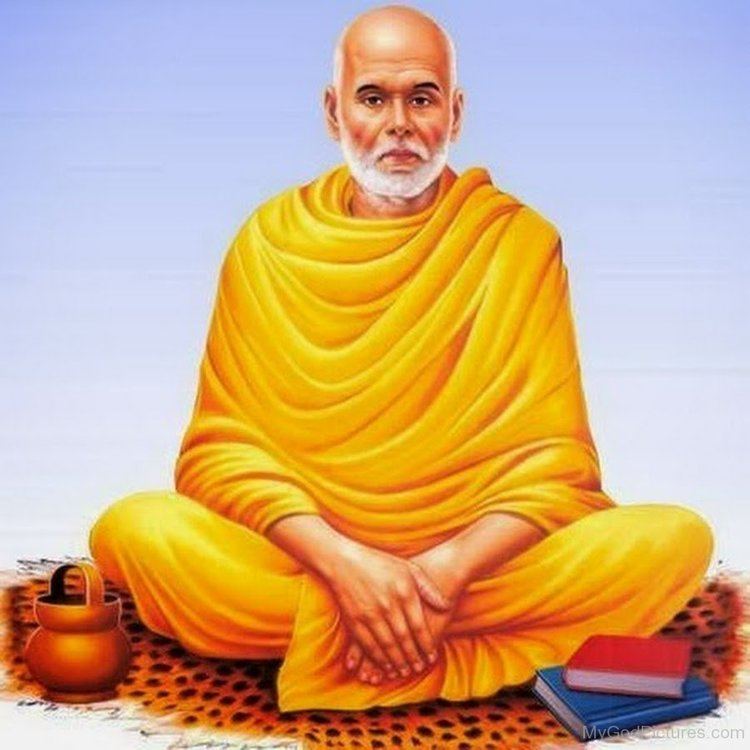Sree Narayana Guru

- 29 Jun 2025
In News:
The Prime Minister recently attended the centenary celebrations of the historic 1925 conversation between Mahatma Gandhi and Sree Narayana Guru, held at Vigyan Bhawan, New Delhi. The event marked the enduring relevance of Guru's message of social equality, spiritual unity, and reform.
Who was Sree Narayana Guru?
- Born: 20 August 1856, in a backward Ezhava community in Kerala
- Died: 20 September 1928
- Role: Spiritual leader, philosopher, poet, yogi, and one of India’s foremost social reformers from Kerala
Historical Context:
- During the 19th century, Kerala society was deeply caste-ridden, and the Ezhava community was subjected to systemic social exclusion.
- Guru revolted against caste oppression, advocating for spiritual liberation without ritual orthodoxy.
Core Philosophy:
- Message of Universal Unity:“OruJathi, OruMatham, OruDaivam, Manushyanu”
(One Caste, One Religion, One God for Mankind) — a powerful call for social harmony, inclusivity, and humanism. - Non-violent transformation:Unlike many radical reform movements, Guru’s approach was inclusive and reformative, rejecting social division without inciting confrontation.
Key Contributions:
- Religious and Spiritual Reforms:
- Aruvippuram Movement (1888):
- Consecrated a Shiva idol at Aruvippuram — a direct challenge to Brahmanical dominance and the exclusion of lower castes from temple worship.
- Established over 40 temples in Kerala, allowing unrestricted worship by the marginalized.
- Promoted yoga and meditation, and spent years in hermitage to attain spiritual depth.
- Aruvippuram Movement (1888):
- Social Reforms:
- Founded the Sivagiri Mutt (1904) near Varkala — a centre for spiritual and social awakening.
- SNDP Yogam (1903):
-
- Full form: Sri Narayana Guru Dharma ParipalanaYogam
- Aimed at securing education, government access, and political rights for the Ezhavas.
- Guru was the permanent chairman; Kumaran Asan, his disciple, became general secretary.
-
- Vaikom Satyagraha:Played a pivotal role in the anti-untouchability movement, alongside leaders like Mahatma Gandhi and Periyar.
- Promoted free education, ashrams, and vocational training for underprivileged children and communities.
- Sivagiri Foundation and Pilgrimage:
- Founded in 1924 to promote values like:Cleanliness, education, devotion, agriculture, handicrafts, and trade
- SivagiriTheerthadanam (pilgrimage):Initiated by his followers to reinforce values of purity, education, and organization
Literary Contributions:
- Guru was a Vedantic scholar and philosopher-poet. His notable works include:
- Advaitha Deepika
- Atmavilasam
- DaivaDasakam
- BrahmavidyaPanchakam
These texts reflected Advaita (non-dualist) philosophy, spiritual self-realization, and social ethics.
Legacy and Recognition:
- Revered as “Gurudevan”by his followers
- His birth and death anniversaries are observed as public holidays in Kerala and some other states
- Celebrated as Sri Narayana Jayanthi
